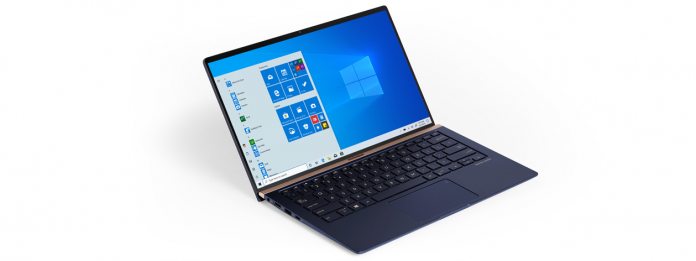Since the launch of Windows 10 version 2004 in May last year, Microsoft has had several update holds in place. These holds prevent some devices or a subset of users from updating Windows 10, usually because of a bug affecting specific hardware. The blocks also rolled over to Windows 10 20H2.
Now that Windows 10 May 2021 Update is rolling out, some of those users sitting behind the block are as many as three Windows versions behind.
The company prevents updates to stop problems occurring on hardware that is not compatible with an update. Common incompatibility issues include devices crashing, poor performance, and security holes.
So-called compatibility holds can be managed by IT admins to bypass the blocks through group policies.
Microsoft's compatibility holds (“safeguard holds”) remain in place until a fix for issues preventing updates is available. The company has already removed most of last year's blocks, meaning most Windows 10 users are on newer versions. Still, some machines with certain Conexant audio drivers are still under the block.
Microsoft says the known issues for those machines have now been resolved. That means any user running an affected device can now update to the May 2020 Update or October 2020 Update. They still won't get May 2021 Update because it has only recently begun its staged rollout.
Group Policy Bypass
Of course, there's a good chance many users are already updated through bypassing the block through the group policies mentioned above.
Admins can check out the policy by following: Computer Configuration > Administrative Templates > Windows Components > Windows Update > Windows Update for Business. In a support document, Microsoft explains how the policy works:
“Enable this setting when Feature Updates should be deployed to devices without blocking on any safeguard holds. Safeguard holds are known compatibility issues that block the upgrade from being deployed to affected devices until the issue is resolved. Enabling this policy can allow an organization to deploy the Feature Update to devices for testing, or to deploy the Feature Update without blocking on safeguard holds.”






